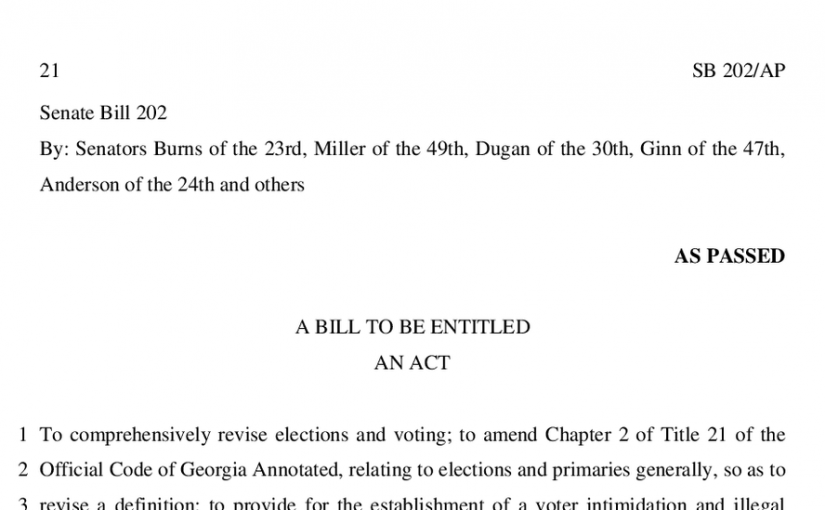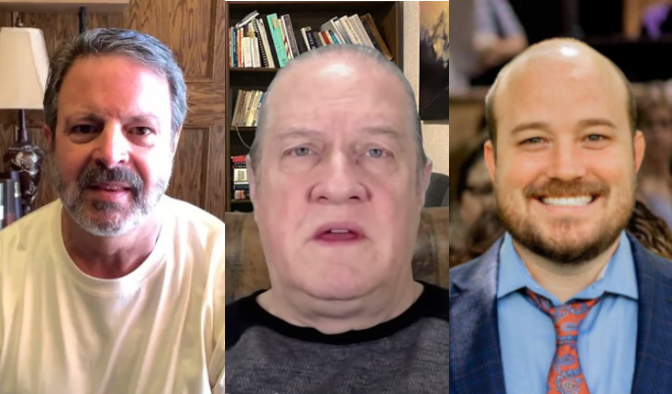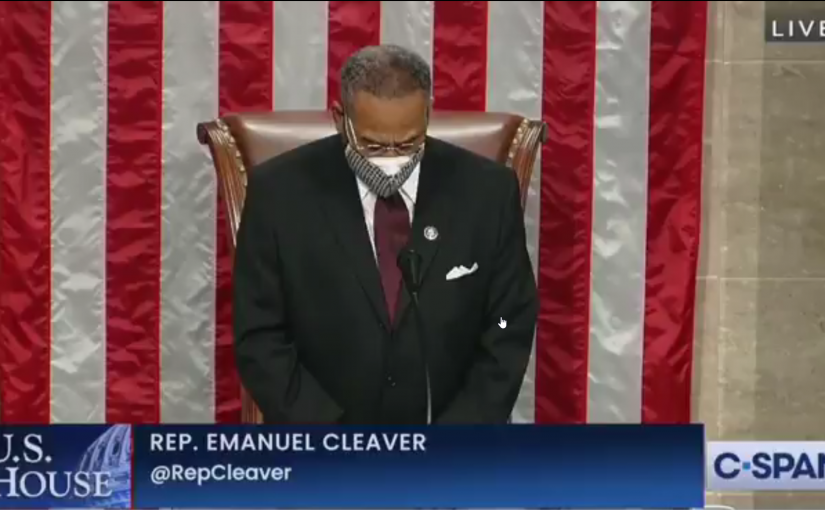These thoughts on Forgiveness, by Fr. Kenneth Tanner, pastor of Holy Redeemer Anglican Church in Rochester, Michigan, are published here with his permission.
I believe in the forgiveness of sins. This is a bedrock Christian trust. The sentence has more than one meaning. It first affirms that God forgives humanity and forgives humanity without conditions, before we ask or repent. God forgives as we beat, mock, torture, and kill God. Forgiveness begins with a God who forgives.
I believe in the forgiveness of sins. This also means we trust that sins can in fact be forgiven—really forgiven—because God forgives. This basic trust is now almost countercultural. We congratulate ourselves on withholding forgiveness, clinging to our injuries, even after persons have “paid their debt.” The forgiveness that begins with God lacks nothing and accomplishes its healing ends.
I believe in the forgiveness of sins. This also means we trust that when we forgive our enemy, our neighbor, our spouse, child, or friend, by participating in the a priori forgiveness of God for humanity, we are healed and grow in our likeness to God in whose image we are made. The forgiveness that begins with God divinizes humanity as we practice the pardon of God.
I believe in the forgiveness of sins. This finally means we trust that we, too, are forgiven. This might be the hardest reality to accept: that we are forgiven by God before we were born; that there is nothing we can do or not do to change our pardon by God. The forgiveness that begins with God ends in our acceptance of forgiveness.
I believe in the forgiveness of sins. It might by now be clear that we believe in the forgiveness of sins because the human God says from the cross “Father, forgive them, for they do not know what they are doing.”
This is also the one who taught us to pray, “Forgive us our debts as we forgive our debtors.” (Not that God’s forgiveness follows ours, or only arrives for us or others after we forgive, but that we also forgive in imitation of the Father.)
I believe in the forgiveness of sins. The cross is where Christ sits enthroned. The cross is the “now” of the world’s judgment and all judgment is given to the Son. Jesus Christ does not after his death appear to his disciples to give 11 men the power to withhold a forgiveness he freely extends to all at the cross.
The risen Christ simply means ‘if you my disciples do not tell them that *I* have forgiven them, and if you do not forgive them yourself from the heart, they may not realize they’re already forgiven.’
I see a lot of entitlement around forgiveness; that we are allowed to withhold forgiveness, remain offended, forgive if we want…or not.
Not forgiving—and forgiving is a process—only harms the one who does not forgive. It often means nothing to the offender until they are truly aware of their offense.
I get that some leaders have used what Christians trust about forgiveness to enable and sustain abusive behavior and structures, to manipulate those they are called to serve.
Abuse of something doesn’t negate its goodness but it can make its goodness difficult to practice.
Abusive leaders sow terrific destruction when they abuse what Christians trust about forgiveness but this must be forgiven, too, and we cannot let their abuse cancel what we trust.










